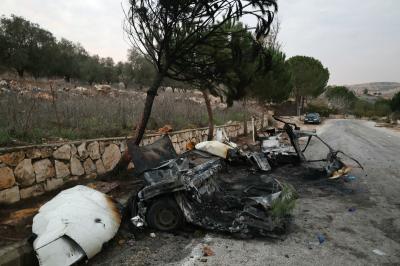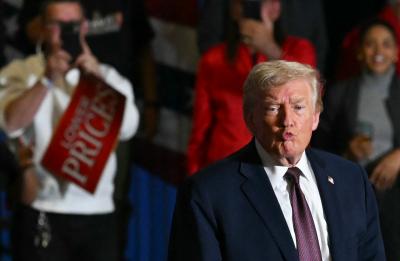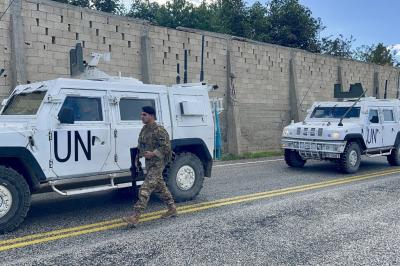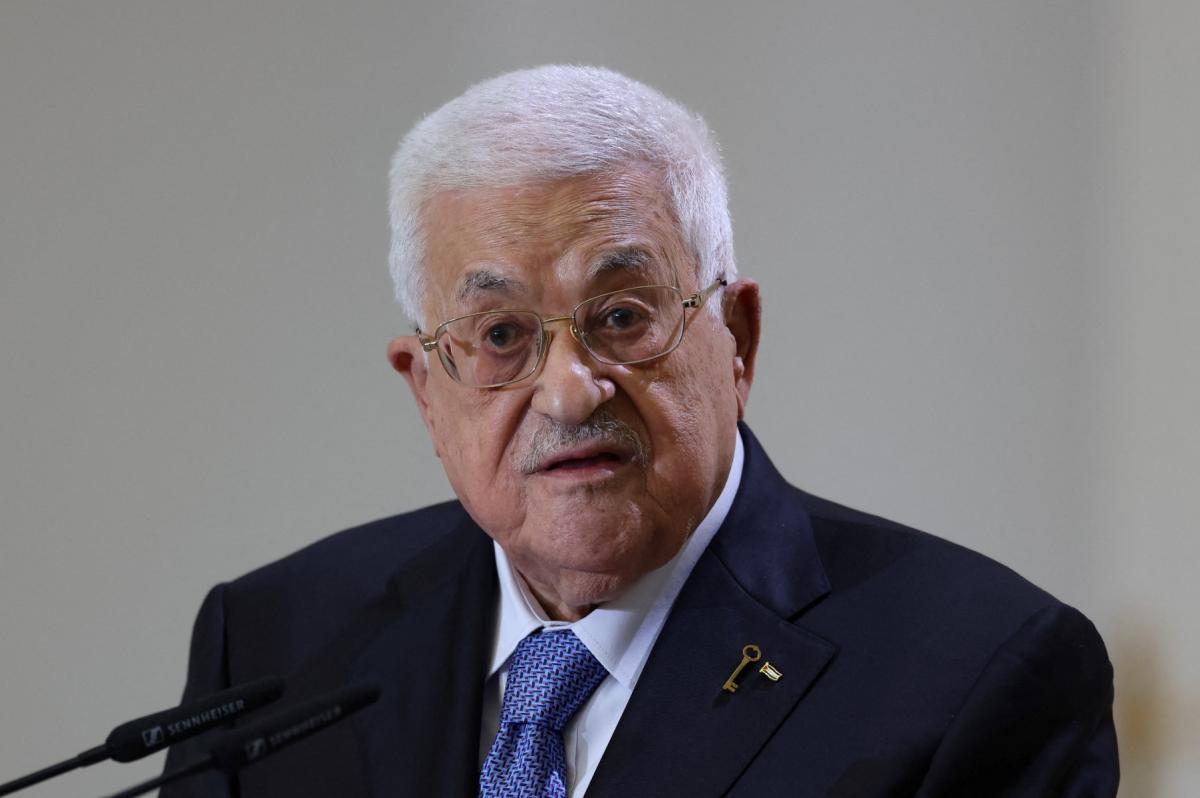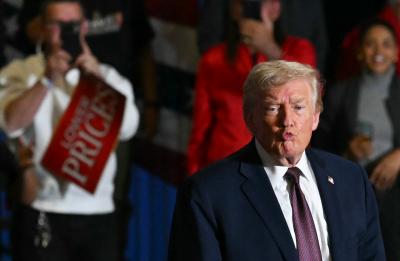As momentum builds around the push for international recognition of a Palestinian state, Washington has thrown up a major roadblock: the U.S. announced it would bar senior Palestinian Authority officials—including President Mahmoud Abbas—from entering its territory, revoking existing visas and preventing them from attending this month’s U.N. General Assembly in New York. The move, backed by Israel, appears aimed at undercutting a Saudi- and French-led conference on the sidelines of the U.N. meetings designed to accelerate recognition of Palestinian statehood. The decision does more than derail that diplomatic campaign. In recent weeks, it has effectively given Israeli Prime Minister Benjamin Netanyahu a green light to press ahead with his plans in Gaza and the West Bank—punishing the Palestinian Authority despite its distancing itself from the “Al-Aqsa Flood” operation and its outright opposition to it. Abbas, for his part, has rejected Washington’s justification that the ban is a matter of U.S. national security, or that the Palestine Liberation Organization and the Authority have failed peace commitments. He views the accusations—of extremism, unilateral recognition of Palestine, terrorism, and violence—as a political ploy to silence Palestinian leadership at the U.N.
Between International Options and Ramallah
In the short term, Abbas has several options. He could continue to challenge Washington’s decision, invoking international law and the U.N. Headquarters Agreement that obliges the U.S. to allow access to all delegations. He has yet to outline a fallback plan, but is preparing a counter-diplomatic campaign, banking on Arab—especially Saudi—support, and rising global popular solidarity. One path under consideration is a European tour, with stops in London, Paris, Madrid, Brussels, and beyond. The U.K. has already signaled its intent to recognize Palestine during the General Assembly—a move freighted with symbolism given Britain’s historic role in creating Israel through the Balfour Declaration. France, too, has rejected the U.S. decision. President Emmanuel Macron has emerged as a pivotal supporter, with Paris seen as a credible and historically accepted partner in the Arab world. Spain, which formally recognized Palestine in May, and Belgium—home to the EU’s institutions—would also be key stops, along with Malta and other countries outside Europe engaged in political and popular mobilization for recognition. If Washington refuses to budge, Abbas could still make his voice heard indirectly, with Palestinian envoy Riyad Mansour delivering his speech at the General Assembly. But such a step would be seen as a retreat. A bolder option would be to ask U.N. Secretary-General António Guterres to relocate the session to Geneva, as happened in 1988 when Washington barred Yasser Arafat but went on to declare Palestinian independence before the U.N. in Switzerland. Another symbolic but powerful scenario would see Abbas address the world directly from his headquarters in Ramallah. Such a televised speech would dramatize his exclusion, highlight Palestinian grievances, and amplify global sympathy.
A New Reality for the International Community
The American ban will force governments to clarify their stance. After the devastation in Gaza and the inability of the international system to stop it, the issue of Palestinian statehood is now a litmus test of credibility for many capitals. Over the longer term, Abbas has legal and diplomatic cards to play that could embarrass Washington, even if they cannot reverse the travel ban that prevents him from speaking in New York on September 19. Whatever path he chooses, the move paradoxically bolsters his standing among Palestinians. For Abbas and his circle, the train toward statehood will not stop. Their greater concern lies with Netanyahu’s U.S.-backed plans for the West Bank. While Israel appears mired in Gaza, Palestinians believe it has not abandoned a broader strategy of displacement—whether in the Strip or in the West Bank. Netanyahu’s agenda is clear: isolate Jerusalem from the rest of the West Bank and divide the territory into two blocs, one around Jenin, Nablus, and Ramallah, and another around Hebron and Bethlehem. Few Palestinians harbor illusions that a future Israeli government will take a dramatically different course. With Israeli politics drifting steadily rightward, the trend points to ever-harsher governments determined to end the Palestinian question altogether and cement military, economic, and security control—whatever form the displacement plan ultimately takes.
Abbas’s Existential Battle
For the Palestinian Authority, the crisis is just the latest stage in a broader existential struggle. Marginalized in recent years, weakened at home, and squeezed by Israel and the U.S., the Authority is clinging to Arab backing and the statehood file as the foundation of its legitimacy. It is betting on time, on international sympathy, and on pressure from Washington to eventually rein in Israel. The goal: to rehabilitate itself in preparation for the possibility of an Israeli partner willing to negotiate. Until then, every obstacle—even the American ban—becomes an opportunity to reinforce Abbas’s symbolic role as the figurehead of the statehood drive and the enduring cause of Palestine.
Please post your comments on:
[email protected]
 Politics
Politics
